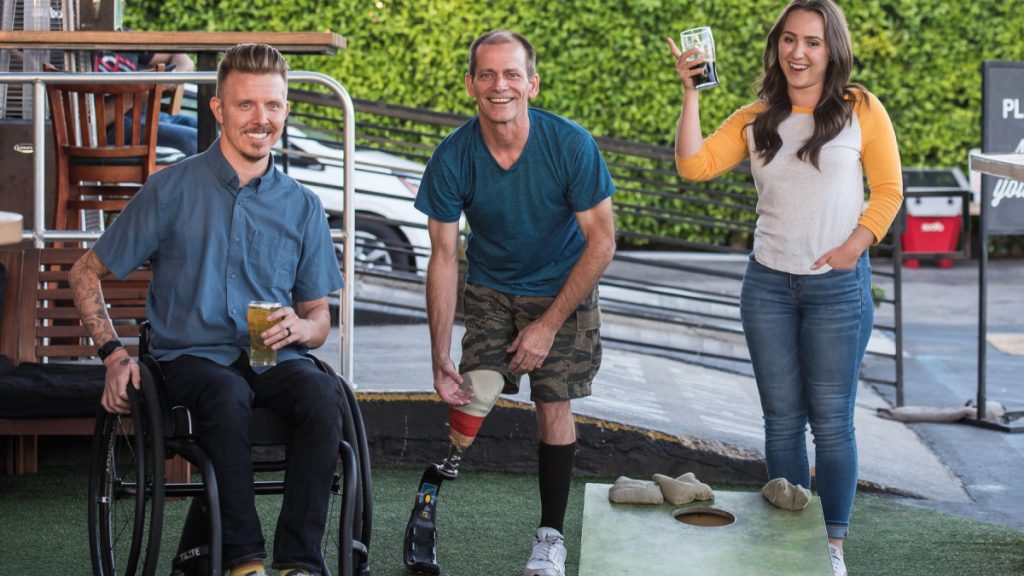Curating an Inclusive Event
10/27/2020
By Shelby Rowe Moyer
We’ve all heard event planning horror stories — a mishap that had guests raising their eyebrows or feeling excluded. Most, if not all event planners not only want attendees to have a good time but to also feel welcomed and included.
Accommodation isn’t the same as inclusion, so here are some ways to help ensure your event caters to everyone who wants to attend.
Accessibility
When it comes to accessibility, venues are usually top of mind, and because theaters, arenas, hotels and convention centers are required to meet ADA standards, those venues are a good place to start. But there’s much more to consider in creating an inclusive environment for differently abled guests.
If this is an in-person event, during the registration process, ask your guests if they have any accessibility needs and give a deadline so you can plan accordingly.
When designing how guests will flow through your event space, consider how a person with a wheelchair, scooter, cane or vision impairments might need to navigate the area. Think about the entrance, the flooring, the table heights and the step-and-repeat, to name a few. Make sure the flow of traffic between and around vendors is wide enough for people to comfortably move through. The same applies to sit-down events — chairs and tables should be spaced out.
If there are any video components, make sure they’re captioned so people who are hearing impaired can participate — something to keep in mind for virtual events as well.
Sponsorships and Vendors
Event sponsors often get left out of the diversity, equity and inclusion (DEI) conversation. Event sponsors can be integral to the success of an event but be mindful that those sponsors align with your DEI values.
When it comes to hiring your vendors — caterers, A/V, décor, security, entertainment, etc. — do some research to see if there are minority-, women- or LGBTQ-owned vendor businesses in your area.
It’s important to have a wide variety of perspectives involved in the entire event process (this goes for the event planning team as well). Including people from all different backgrounds helps ensure your event is truly inclusive — from the décor, to the food and beverage, to the entertainment, to the sound and video. They might think of a detail that would never cross your mind, and that’s why diversity is important.
The Little Things Matter
A detail as mundane as gendered bathrooms or an attendee questionnaire that asks about pronouns or ethnic backgrounds can be offensive or disheartening without proper consideration. Instead of having male and female bathrooms, consider making them gender-free, or post a friendly sign encouraging guests to use the bathroom they feel best aligns with themselves.
If you’re going to ask guests any personal information, like their gender or ethnic background, consider allowing guests to write in their own answer as opposed to multiple-choice, that way you don’t pigeon-hole anyone’s response.
Post Event Survey
We all want to know what guests thought about the event. Along with your typical questions, be sure to ask guests how they felt you met their accessibility needs and whether they felt it was inclusive. Be specific — ask about the speakers, the catering, the venue, the sound and video, etc.











